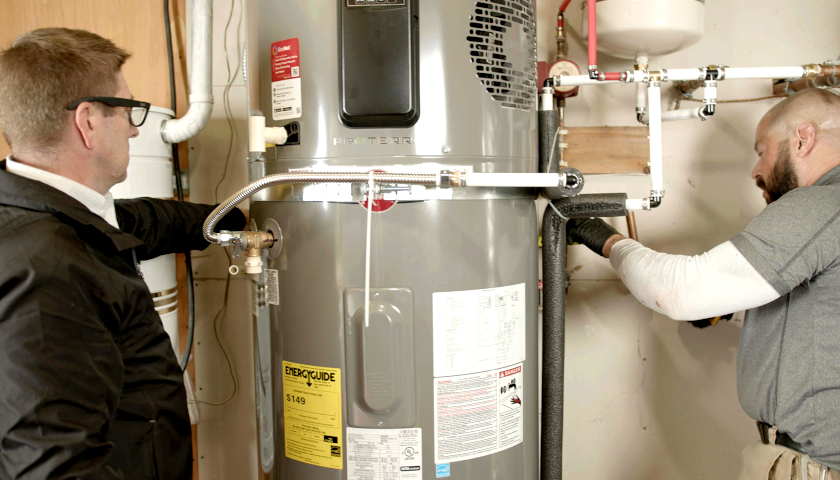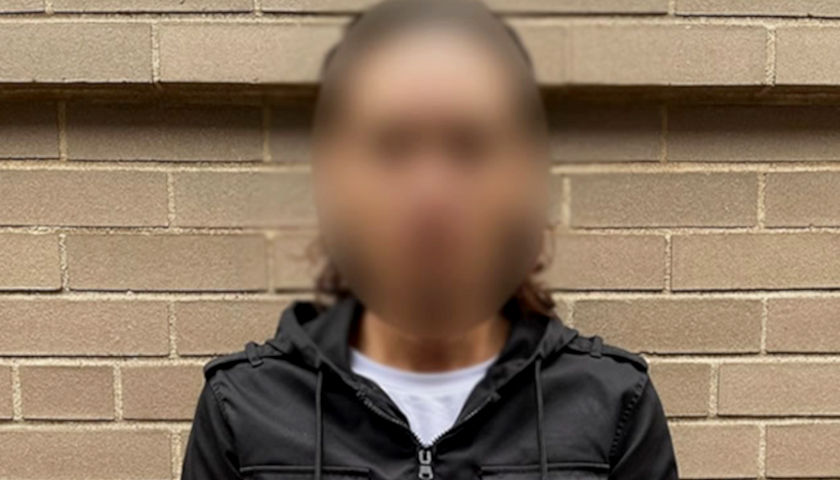by Kimberly James
Connecticut businesses are on the hook for $463 million in unemployment assistance the state owes to the federal government.
As the state’s businesses are facing higher taxes and additional assessments this fall, the state is eyeing a repayment of nearly half of the $900 million it borrowed, according to a report by the Connecticut Business & Industry Association, to cover record unemployment claims throughout the COVID-19 pandemic.
The state has made more than $400 million in repayments, but the Unemployment Trust Fund, which is supported by employer taxes, could be paying off the balance through 2026.
“Small business owners were grateful for the initial investment the legislature made last year to help mitigate the impact of looming unemployment tax increases,” Andrew Markowski, National Federation of Independent Businesses State Director in Connecticut, told The Center Square. “And while the legislature has recently made some positive steps to help small businesses recover from the pandemic, including actions last month to suspend the state’s gas tax, small business owners here in Connecticut are still hurting and are still worried about higher costs in the near future.”
Following the 2008 recession, Markwoski said businesses in Connecticut were faced with several years of higher costs per employee to help pay back the unemployment trust fund debt, and small business owners are fearful of a similar fate now.
“Unless state government steps in to help defray some of this debt burden – which was accrued through no fault of most small business owners – small business owners will be forced to make some difficult choices to help control their rising costs, starting this fall,” Markowski said. “According to NFIB research, including the latest NFIB Jobs Report and the NFIB Small Business Optimism Index, higher operating costs, record inflation, and concerns about labor quality are just some of the headwinds that small business owners are currently facing as they try to recover from the last two years.”
Markowski said small business owners continue to bear the brunt of the unemployment insurance crisis. In response, NFIB is calling on the General Assembly and the governor to help pay down the hundreds of millions of dollars remaining.
“Small business owners are resilient, however when faced with this type of unanticipated expense for employees, they are likely to respond by paring back additional hiring or reinvesting in their businesses,” Markwoski said. “That is the antithesis to the economic growth that Connecticut needs right now. And that’s why the legislature and the governor need to make alleviating the pandemic unemployment debt burden a priority.”
Kimberly James is a contributor to The Center Square.





